The Magic Lantern was a regular screening series that took place in Glasgow between 2006 and 2010, showing local and international short films. Creators Rosie Crerar and Penelope Bartlett tell us about the early days and introduce their programme at GSFF17.
The Magic Lantern – a scrappy, shoestring budget event where we nervously lingered in the projection booth praying that DVDs wouldn’t start skipping or film prints snap mid-screening – eventually grew into the Glasgow Short Film Festival. We’re thrilled to be bringing The Magic Lantern back for a special screening at GSFF17, focusing on something we’ve been passionate about all along – championing women filmmakers.
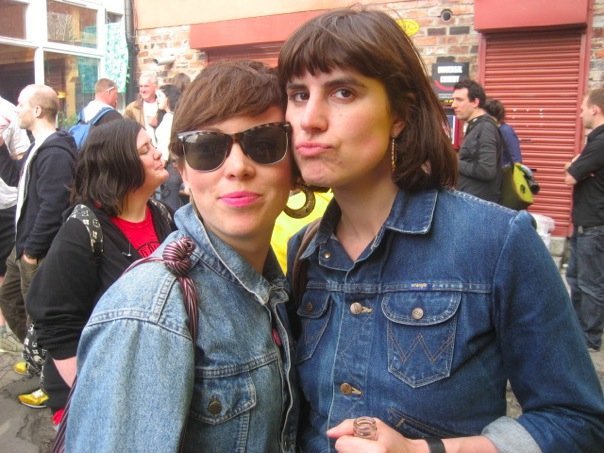 The Magic Lantern creators: Rosie Crerar and Penelope Bartlett
The Magic Lantern creators: Rosie Crerar and Penelope Bartlett
This showcase contains work by many of our all time favourite ladies of cinema. It’s hard to say what unites the works without falling into the trap of attempting to categorise them, when what we like best about them is their refusal to be categorised. Reviewing the work, one thing that stands out is how fresh even the oldest pieces still feel.
Margaret’s Tait’s approach to filmmaking is a textured hybrid, part essay, part visual poem, and this piece, made in 1952, feels way ahead of its time. A Portrait of Ga, a study of the artist’s mother, locates emotional tenderness through formal exploration. Tait’s voiceover musings accompany her mother as the elderly lady moves – quite nimbly! – across the Orcadian landscape, smokes cigarettes, and carefully unwraps a sweetie. Through attention to tiny details, a picture emerges of great affection between the artist and her subject.
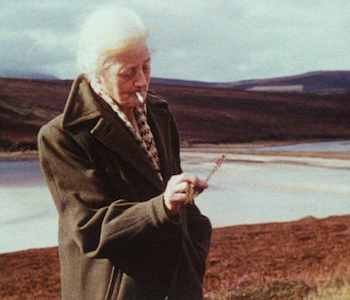 A Portrait of Ga (1952)
A Portrait of Ga (1952)
Jane Campion’s 1982 student short Peel toys with the notion that film school ‘teaches’ one how to be a filmmaker – a self proclaimed “exercise in discipline”, the film goes so far as to provide a diagram explaining the connection between the three characters. You couldn’t find a better micro-illustration of Campion’s on-going obsession with shifting power dynamics than this early work. Her choice to cast and direct a real family in a staged scenario also feels strangely prescient.
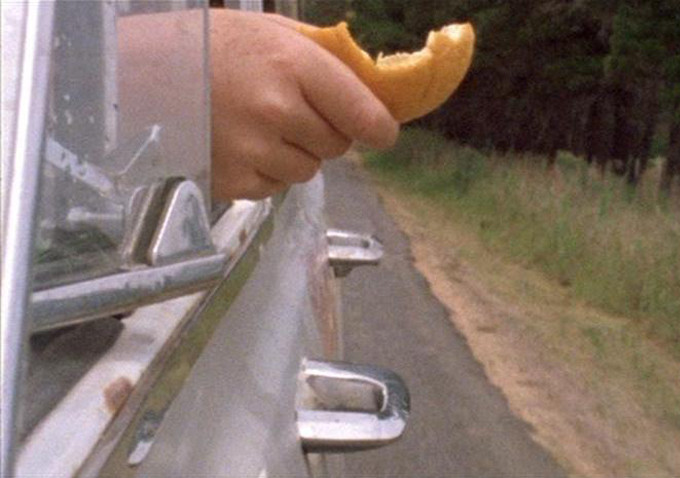 Peel (1982)
Peel (1982)
The Amateurist (1998) is an early Miranda July video piece that fuses her interest in performance and filmmaking. July’s work across all disciplines has always been focused on exploring women and their emotional complexities in ways that incorporate humour and a darker, intensely personal sensibility. As in most of her work, she casts herself in this deeply unsettling foray into voyeurism and surveillance.
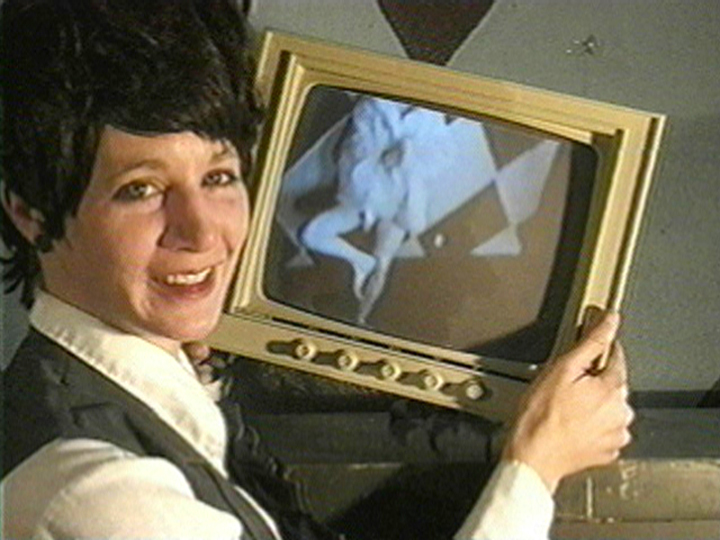 The Amateurist (1998)
The Amateurist (1998)
Morag McKinnon’s Home (1998) finds wicked comedy in the daily routine of a council worker whose home inspections begin to feel like scenes from a Scottish Twin Peaks. It ends on a bittersweet note however, and the film does its part to expose poverty and marginalisation, but manages to eschew kitchen sink realism or anything that feels remotely didactic.
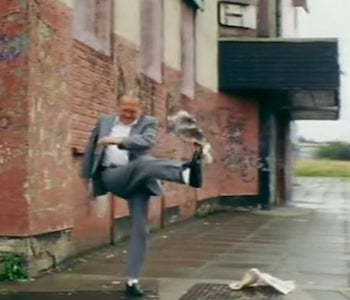 Home (1998)
Home (1998)
Anahita Ghazvinizadeh’s Needle (2013) was the first US-made film by this Iranian artist and filmmaker who studied under Abbas Kiarostami, and who idolises Robert Bresson. Coming-of-age stories abound amongst festival shorts, but the rigorous attention to detail and precision of tone and colour palette (reminiscent of Bresson’s L’Argent) heighten this film to something altogether more special. The film was awarded the Cinefoundation prize at Cannes by a jury led by none other than Jane Campion, who praised it for being simultaneously subtle and modern.
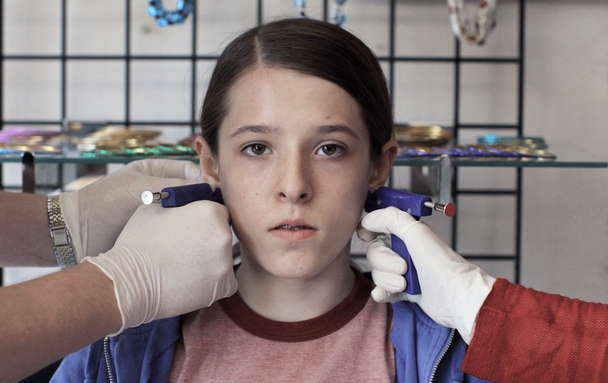 Needle (2013)
Needle (2013)
Ghanaian filmmaker Frances Bodomo’s 2014 film Afronauts addresses questions of race and gender by bringing to life an alternative history of 1960s space exploration, led by a seventeen year-old girl from Zambia. Based on true events, this hypnotic, highly cinematic short explores the spaces between the real and the mythic. This piece and Bodomo’s previous short Boneshaker have established her as an urgent new voice, both lyrical and political in scope.
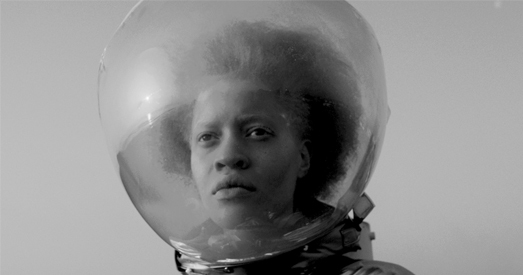 Afronauts (2014)
Afronauts (2014)
These are our favourite kinds of short films – films which take risks, experiment with content and form, by filmmakers with strong, distinct voices who create fully realised, compelling worlds. We continue to be huge advocates for short film, as producers, programmers, writers and viewers. Seeing our baby turn double digits makes us immensely proud, and we wish huge congratulations to the festival team. Here’s to many more!
The Magic Lantern Returns will be presented by Rosie Crerar and Penelope Bartlett.